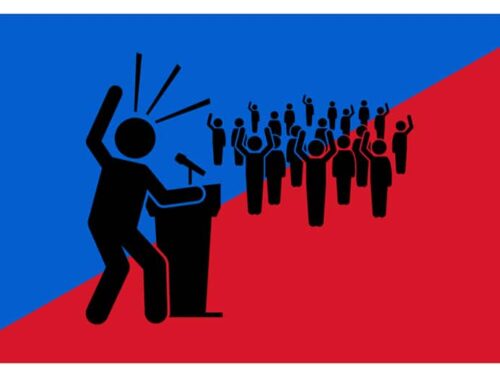
Christine Porath is an expert on civility in the workplace. In a study conducted with the Harvard Business Review, she found that respect was more important to employees than recognition, appreciation, vision, feedback, or growth opportunities. How can you adjust your behavior and transition into a more respectful leader? Follow these suggestions.
Discover your best behaviors. Ask colleagues, friends, and family for examples of how and when you treat people well. Summarize their comments and look for patterns, then leverage the information to understand what you’re already doing well – and keep doing it.
Find out your weaknesses. Repeat the process, this time asking about your shortcomings. You can even get your team involved, using anonymous comment boxes and one-on-one meetings to ask for their opinions on how you treat people. Or, consider asking an employee that you trust to gather information from others.
Use a coach. Coaches can observe and analyze your behavior and interview your team in order to find your weaknesses and problem areas, and then help you to understand what might be causing any less-than-civil behavior.
Ask how. Use Marshall Goldsmith’s “feedforward” method to ask people for suggestions on how to improve the behaviors you’ve decided to work on. Describe your goal to others, ask for a few ideas, write them down, and be sure to thank the person.
Reflect. Consider keeping a journal and doing an “energy audit.” Tracking how you feel throughout the day can help you to understand when your behavior is at its best and worst. If you notice that you’re especially uncivil at a certain time of the day, be proactive. Schedule meetings or difficult conversations when you’re usually at your most respectful.
Read the full article for more tips.




